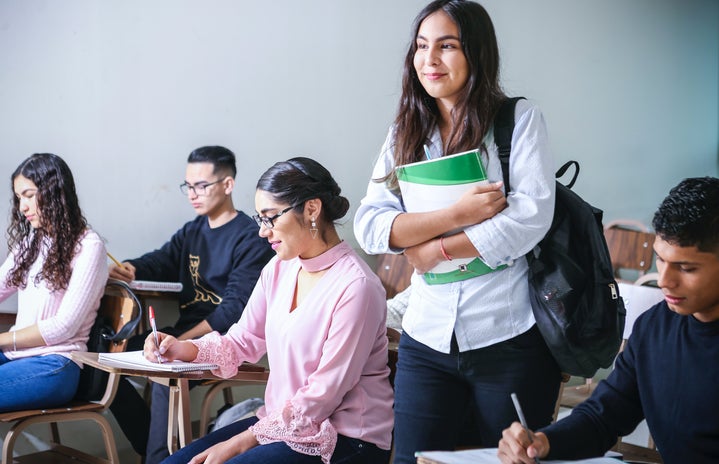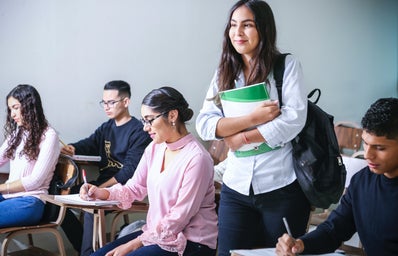According to The Merriam-Webster Dictionary, it is the discrimination or prejudice against individuals with disabilities.
This is a term I had not heard until I was in my late teens, and for some of my friends the first time they heard it was this year. When people think of equality, the first thoughts are usually racism or sexism. There is no problem with recognizing those -isms, no one -ism is more important than the other. The issue is that ableism is often left out of the conversation completely, or at least many of the conversations I have been a part of or heard recently regarding social justice. Once you know about ableism, you start to see it everywhere. As someone who does not have any disabilities, I will do my best to explain what I have learned so far. However, I will never truly know the struggles some people face on a day-to-day basis.
Ableism is when buildings are not handicap accessible, do not have braille signs, or lack accommodations. It is also separating people with disabilities from able people in school, work, or regular everyday activities. Or even websites and social media pages that do not have text accommodated with screen readers. These are just a few of the ways ableism manifests. However, there are even more everyday instances that go unrecognized:
-
Using the handicapped stall when it is not necessary
-
Thinking less of a person with a disability, treating them younger than their age
-
Saying someone who identifies as disabled is not disabled “enough”
-
Using disability as the root of a joke
-
Hosting and event without taking into account if it is handicap accessible
-
Lack of representation in TV and politics
There is a lot of privilege that is unrecognized on a daily basis when it comes to not having a disability. Some examples include knowing that I can walk into the front doors of a building without thinking about a second entrance with a ramp, going shopping alone without assistance because the grocery store has accommodations I might need, not worrying about public transportation like Uber or the bus, and even just everyday communication.
As a current college student, I have noticed some of these types of micro-aggressions on a daily basis. Specifically with the lack of buildings that are handicap accessible. Although there are many buildings that have ramps, elevators, braille, and handicap stalls. There are also many old buildings that remain outdated. Specifically, many dorm rooms only have stairs, therefore limiting the living options for someone who cannot use stairs.
Luckily, Elon’s Design for America recognized that this is an important issue that needed to be addressed. For their first launch in 2019, their first project was an accessibility map for students, faculty, staff, and visitors. This project was even approved by DFA National. This may seem like a small-scale project, however, this is the type of awareness that is needed not only on college campuses but in the workplace and in everyday life.
In the end, the first step is to learn more about ableism and how to become an ally.


